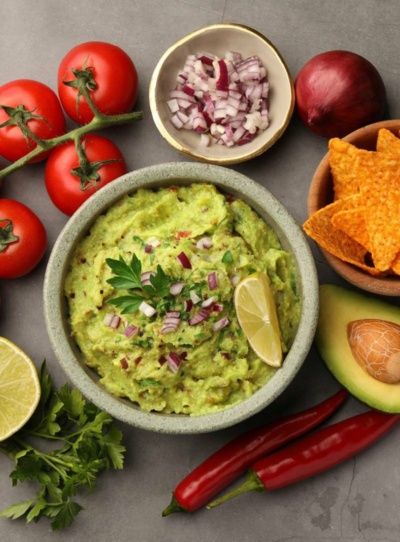Bidfood’s own-brand vegan products
Bidfood offers over 3,000 vegan suitable products, from nutritious vegetables to vegan burgers, as well as providing a range of creative menu ideas throughout our blogs which show ways to create tasty and interesting dishes for all to enjoy.
Our range of own-brand vegan products meet the following criteria:
- They are not made from, or with, non-vegan ingredients from end to end supply chain
- ‘May contains’ for animal-derived ingredients (milk, egg, fish, crustaceans, molluscs) are permitted, however, every effort should be taken to minimise cross contamination with animal-derived allergens
- Vegan products are intended for vegan consumers and those looking to reduce their meat and animal derivative consumption. They are not created for consumers with food allergies and should not be seen as allergen-free






















